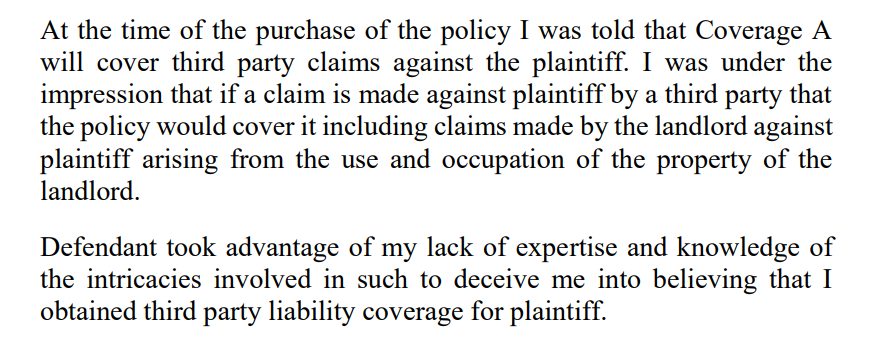 In a Tarot deck, the “Magician” (right) has the power to transform. In the Fifth Court, however, the phrase “reasonable and necessary” is not a “magic word.”
In a Tarot deck, the “Magician” (right) has the power to transform. In the Fifth Court, however, the phrase “reasonable and necessary” is not a “magic word.”
In a construction-contract dispute, even though “no witness explicitly testified that the expenses incurred were reasonable and necessary,” the Court reversed a JNOV and reinstated judgment on the jury’s verdict when the evidence allowed the jury to infer that the costs incurred were reasonable and necessary. That evidence included:
- detailed invoices;
- presented by a witness with extensive relevant experience;
- with a contract-based incentive to not incur excessive expense;
- general consistency with an estimate presented by the other side.
Bosque v. Barbosa, No.05-22-00230-CV (Jan. 30, 2023) (mem. op.). (Congrats to my LPHS colleague Greg Brassfield who tried the underlying case and successfully argued this appeal!)









